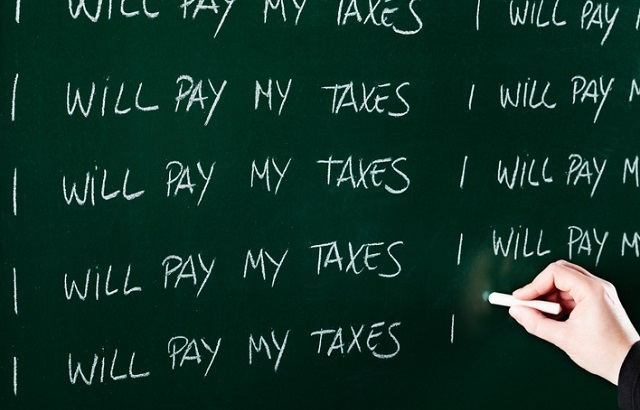An uptick in HM Revenue & Customs (HMRC) investigations resulted in 165 individuals being charged with tax evasion in the last six months of the 2020/21 financial year, according to law firm Pinsent Masons.
This is up a fifth (19%) from the 139 charged in the previous six months, as HMRC scales up its enforcement activity post-lockdown.
The last three months have also seen an improvement in HMRC’s criminal case track record, winning 100% of all its court cases, up from an 88% overall success rate for 2019/20 – with a 96% overall success rate for the year 2020/21.
In turn, the improved success rate has seen tax evaders handed 129 years in custodial sentences in the last six months versus 57 years in the previous six months.
‘Turning up the heat’
Andrew Sackey, partner at Pinsent Masons, said: “Activity levels at HMRC show they are finally shrugging off the disruption caused by lockdown and turning up the heat on tax evaders.
“The kind of intelligence work that HMRC can now undertake and access, especially in terms of gathering financial data, means they’re confident about outcomes when they bring criminal cases. If an individual is charged and convicted, then they risk receiving a prison or a suspended sentence – some for a very long time.
“The current success rates before the criminal courts make it even more important to engage transparently with HMRC if they commence a civil enquiry; willful lack of candor within a civil investigation is one of the key aggravating factors that triggers HMRC considering the switch to the criminal track, and that should be avoided at all costs.
“Those who come forward of their own accord are less likely to face criminal charges.”
Powers
Pinsent Masons also said that the increase in tax evasion charges and longer prison sentences are a key part of HMRC’s strategy to use criminal powers to deter broader evasion.
Sackey says that current large-scale recruitment in HMRC and the pressures on the Exchequer caused by the pandemic make it very likely that the number of criminal investigations will continue to rise.
The relaxation of social distancing guidelines also means it can step-up the number of in-person interviews it undertakes and be much less reluctant to carry out in-depth searches of business premises.
He added: “Throughout the pandemic HMRC’s capacity to deal with investigations was severely hindered, but this sharp increase in charges and prosecutions suggest that HMRC’s tax investigations are rapidly getting back on track.”
The law firm said that the taxman is “currently preparing a number of initiatives that aim to add an extra £4.7bn ($6.5bn, €5.5bn) to its compliance take in the next five years”, as part of the UK taxman’s outcome delivery plan launched in July 2021.








